Unlocking the Power: How Lithium RV Batteries Outperform Lead-Acid with 30% More Efficiency and Lifespan
As the recreational vehicle (RV) industry evolves, the advent of Lithium RV Battery technology has revolutionized power management on the road. According to a recent report by the International Energy Agency, lithium-ion batteries can deliver up to 30% more energy efficiency compared to traditional lead-acid batteries, making them a superior choice for powering RVs. Furthermore, the average lifespan of a lithium battery is estimated to be around 10 years, compared to the 3-5 years typically seen with lead-acid options. This longevity not only translates to reduced replacement costs but also significantly less environmental impact due to fewer discarded batteries. With advancements in battery management systems and charging technologies, Lithium RV Batteries are quickly becoming the top choice for modern RV enthusiasts seeking efficient, reliable, and sustainable energy solutions for their adventures.
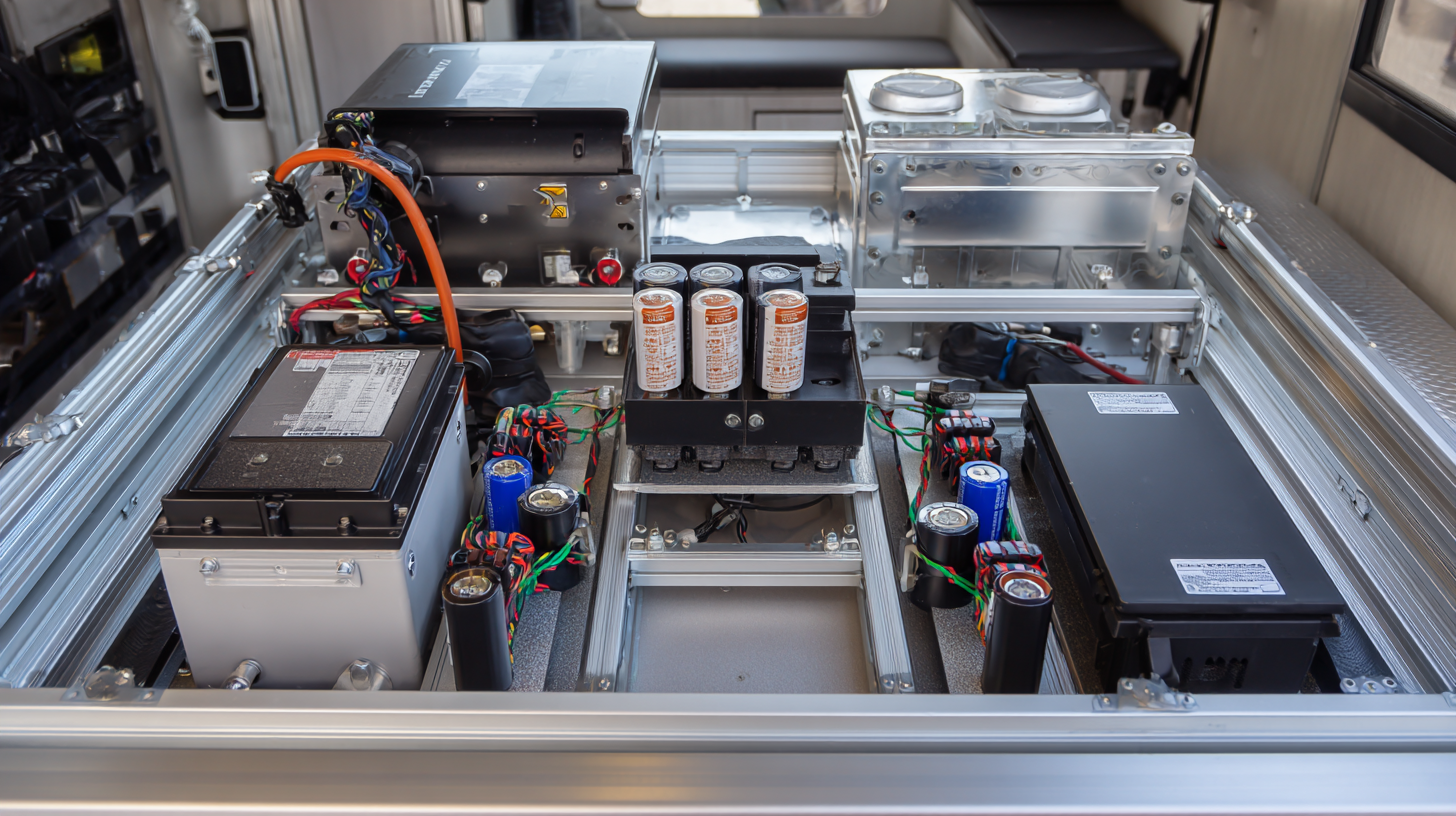
Benefits of Lithium RV Batteries: 30% Increased Efficiency Over Lead-Acid
Lithium batteries have revolutionized the RV power landscape, offering a remarkable 30% increase in efficiency compared to traditional lead-acid batteries. Research by the Department of Energy indicates that lithium batteries can deliver up to 2000 cycles, which is significantly higher than lead-acid batteries that typically last about 300–500 cycles. This efficiency translates to longer-lasting power for RV enthusiasts, allowing for extended adventures without the constant need for replacements.
Moreover, lithium RV batteries charge faster and have a greater depth of discharge, enabling users to utilize more of their battery capacity without damaging the cells. Reports suggest that these batteries can maintain stable voltage levels, ensuring that your appliances and electronics run smoothly throughout your travels. With such advantages, lithium batteries not only save on replacement costs in the long run but also enhance the overall experience by reducing downtime.
**Tip:** When considering upgrading to lithium batteries, ensure your RV's electrical system is compatible. Additionally, invest in a quality lithium charger to maximize battery lifespan and efficiency. Maintaining proper temperature control is also crucial, as lithium batteries perform best in moderate temperature ranges.
Understanding the Lifespan Advantage: How Lithium Batteries Last Longer
Lithium RV batteries offer a superior lifespan compared to traditional lead-acid batteries, a significant advantage that is reshaping the RV industry. According to a report by Navigant Research, lithium-ion batteries can last up to 15 years when properly maintained, compared to a mere 3 to 5 years for lead-acid counterparts. This longevity is attributed to the chemical composition of lithium batteries, which withstand deeper discharges and have a much lower self-discharge rate, thereby improving overall efficiency. Additionally, the Energy Storage Association notes that lithium batteries can maintain 80% of their capacity after 2,000 cycles, while lead-acid batteries often experience a drop to 50% capacity after just 500 cycles.
Moreover, the enhanced thermal stability of lithium RV batteries allows them to perform better in varied temperatures, further extending their operational lifespan. The Department of Energy’s Battery Storage report highlights that lithium batteries perform efficiently at temperatures as low as -20°C and up to 60°C—conditions that would severely limit lead-acid batteries. Consequently, this capability not only enhances the user experience but also reduces the frequency and costs associated with battery replacement, making lithium batteries a smart investment for RV owners looking for reliability and longevity.
Unlocking the Power: Lithium vs Lead-Acid Battery Efficiency and Lifespan
This chart illustrates the efficiency and average lifespan comparisons between lithium and lead-acid batteries, showcasing how lithium batteries are more efficient by 30% and offer a significantly longer lifespan.
Cost Analysis: Long-Term Savings with Lithium Compared to Lead-Acid
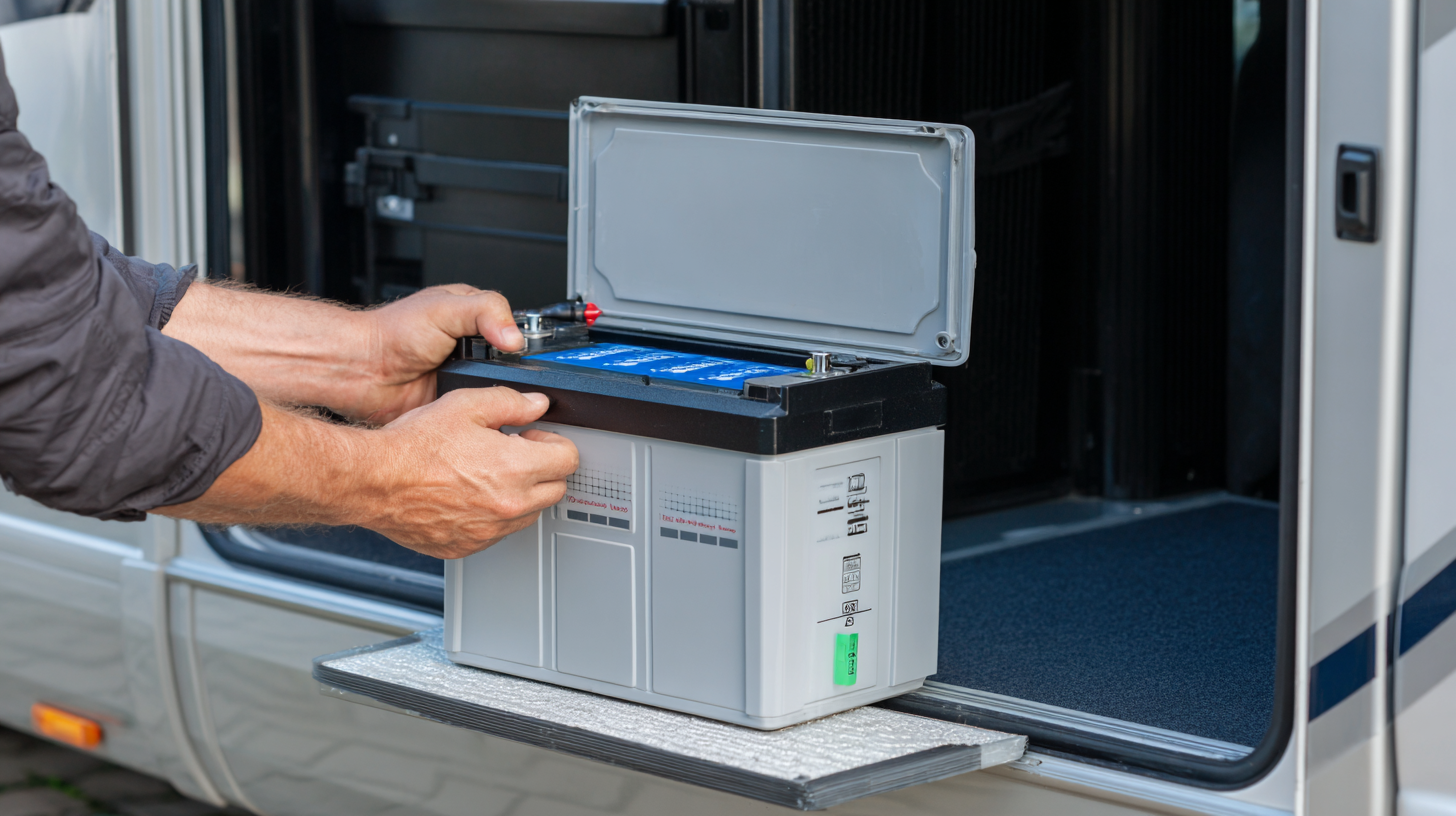 Lithium RV batteries are increasingly recognized for their superior efficiency and longevity compared to traditional lead-acid batteries. While lead-acid batteries have historically dominated the market due to their affordability—holding 67.3% of the golf cart battery market, for example—lithium batteries are proving their worth through a remarkable 30% increase in efficiency and lifespan. This higher performance translates into significant long-term savings on maintenance and replacement costs, making lithium a more economically viable choice over time.
Lithium RV batteries are increasingly recognized for their superior efficiency and longevity compared to traditional lead-acid batteries. While lead-acid batteries have historically dominated the market due to their affordability—holding 67.3% of the golf cart battery market, for example—lithium batteries are proving their worth through a remarkable 30% increase in efficiency and lifespan. This higher performance translates into significant long-term savings on maintenance and replacement costs, making lithium a more economically viable choice over time.
The integration of renewable energy systems is pushing for advancements in energy storage technologies. Economic analyses suggest that the initial investment in lithium batteries, although higher upfront, leads to lower total costs when considering their extended life and reduced operational costs. As industries increasingly prioritize sustainability, the shift towards batteries that align with these goals is inevitable, reinforcing lithium’s position in the market where efficiency and environmental responsibility are paramount.
Competitive Comparison: Performance Metrics of Lithium vs. Lead-Acid Batteries
When comparing lithium and lead-acid batteries, the performance metrics highlight a significant advancement in battery technology. According to a report by the Department of Energy, lithium batteries can achieve a remarkable round-trip efficiency of up to 95%, while lead-acid batteries typically max out at around 80%. This superior efficiency means that lithium batteries not only charge faster but also provide more usable energy, enhancing the performance of recreational vehicles (RVs) significantly.
Furthermore, lifespan data reveals that lithium batteries can endure over 5,000 charge cycles, compared to lead-acid batteries, which usually last only about 500 to 1,000 cycles. The National Renewable Energy Laboratory states that the extended lifespan of lithium technology results in a lower cost per cycle over time, making them a more economical choice for RV owners. As a result, investing in lithium batteries allows RV enthusiasts to enjoy longer trips with greater reliability, all while minimizing maintenance needs and associated costs.
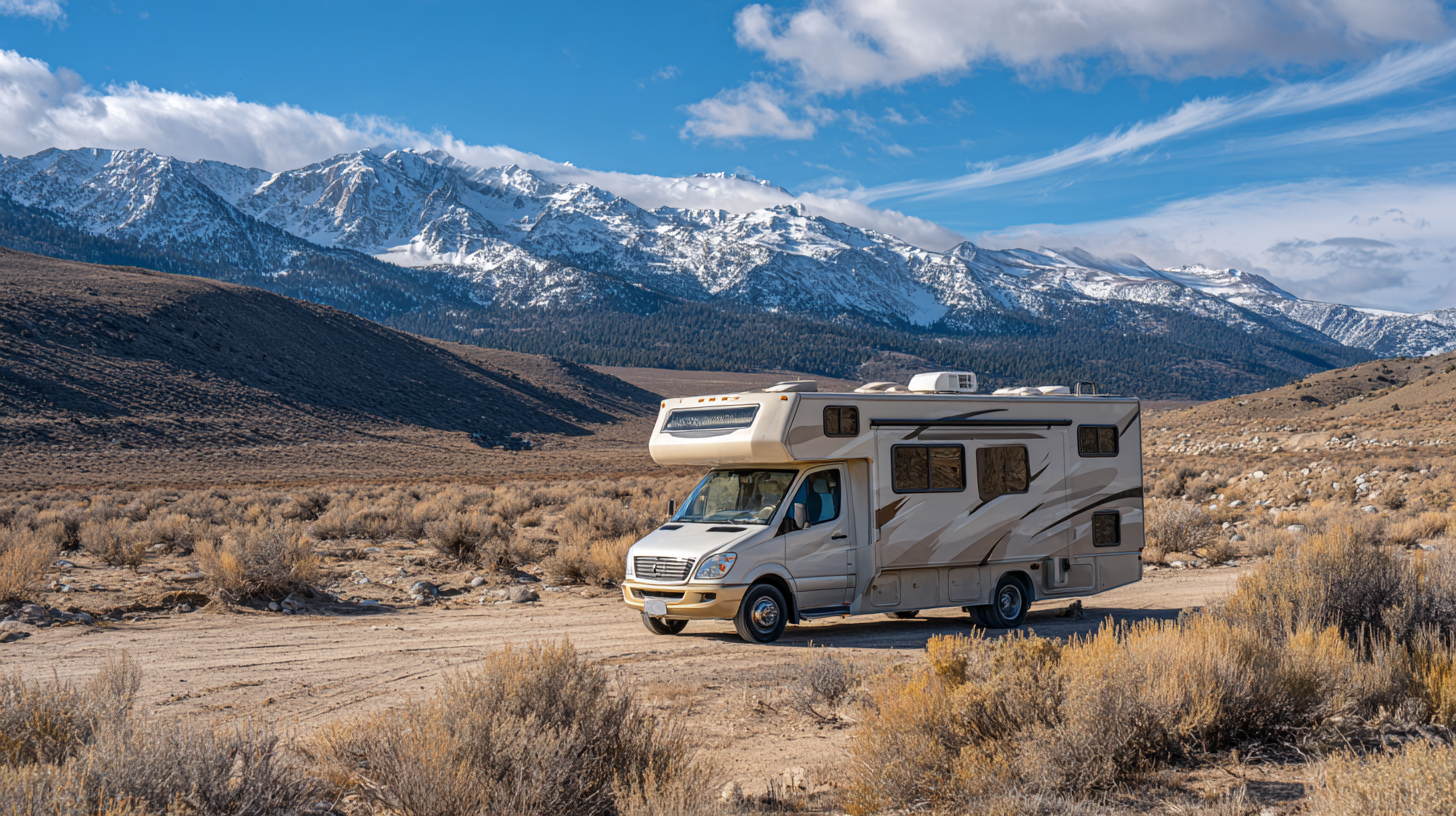
Tips for Transitioning: Upgrading to Lithium Batteries for Your RV
Upgrading to lithium batteries for your RV can significantly enhance your travel experience. While the transition may seem daunting, it is easier than you might think. According to industry reports, lithium batteries are known to deliver up to 30% more efficiency compared to traditional lead-acid batteries. With a longer lifespan that can exceed 10 years, lithium options not only power your RV more effectively but also save you money in the long run due to reduced replacement frequency.
When planning your upgrade, there are several key considerations. First, ensure your RV's electrical system can accommodate lithium technology; this may involve modifying your charging system. Second, consider the weight and space benefits, as lithium batteries are typically smaller and lighter than their lead-acid counterparts, allowing for more efficient use of available space in your RV. Finally, familiarize yourself with proper charging practices, as lithium batteries require specific charging settings to maximize their potential. By following these tips, you can make a seamless transition to lithium power, enjoying longer trips and greater freedom on the road.
Unlocking the Power: How Lithium RV Batteries Outperform Lead-Acid with 30% More Efficiency and Lifespan - Tips for Transitioning: Upgrading to Lithium Batteries for Your RV
| Battery Type | Energy Density (Wh/kg) | Cycle Life (Cycles) | Efficiency (%) | Weight (kg) | Cost ($/kWh) | Recommended For |
|---|---|---|---|---|---|---|
| Lithium | 150-250 | 2000-5000 | 95 | 10-15 | 400-700 | Long-term RV travel, Off-grid living |
| Lead-Acid | 30-50 | 500-1000 | 80 | 25-30 | 150-200 | Short-term trips, Budget RVing |
Related Posts
-
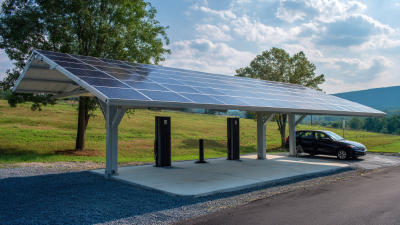
How to Choose the Right Solar Battery for Your Energy Needs
-

Exploring Alternative Technologies for Lithium Marine Batteries
-

7 Reasons Why the Lithium Iron Phosphate Battery is the Best Choice for Your Energy Needs
-

Navigating the Setbacks in Energy Storage Battery Standards: A Global Perspective
-
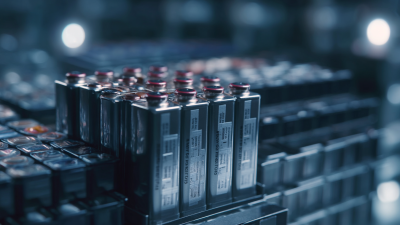
How to Select the Right Lithium Ion Battery Cell for Your Energy Needs
-
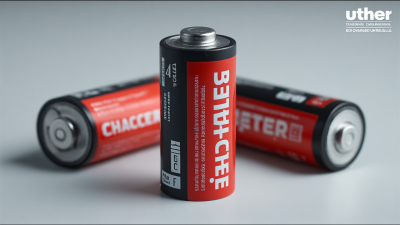
Ultimate Guide to Choosing the Best Rechargeable Lithium Batteries for Your Devices: Expert Insights & Data
